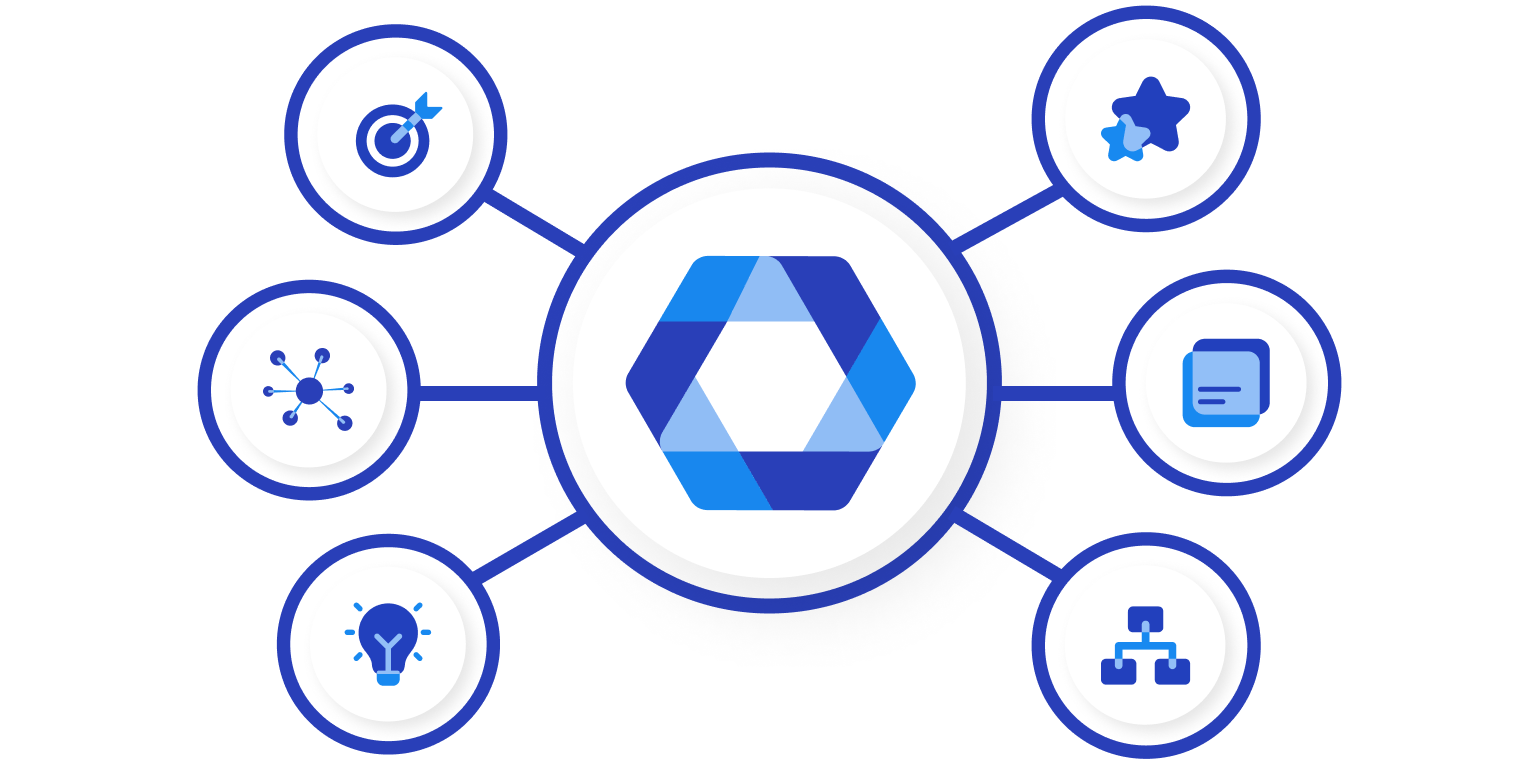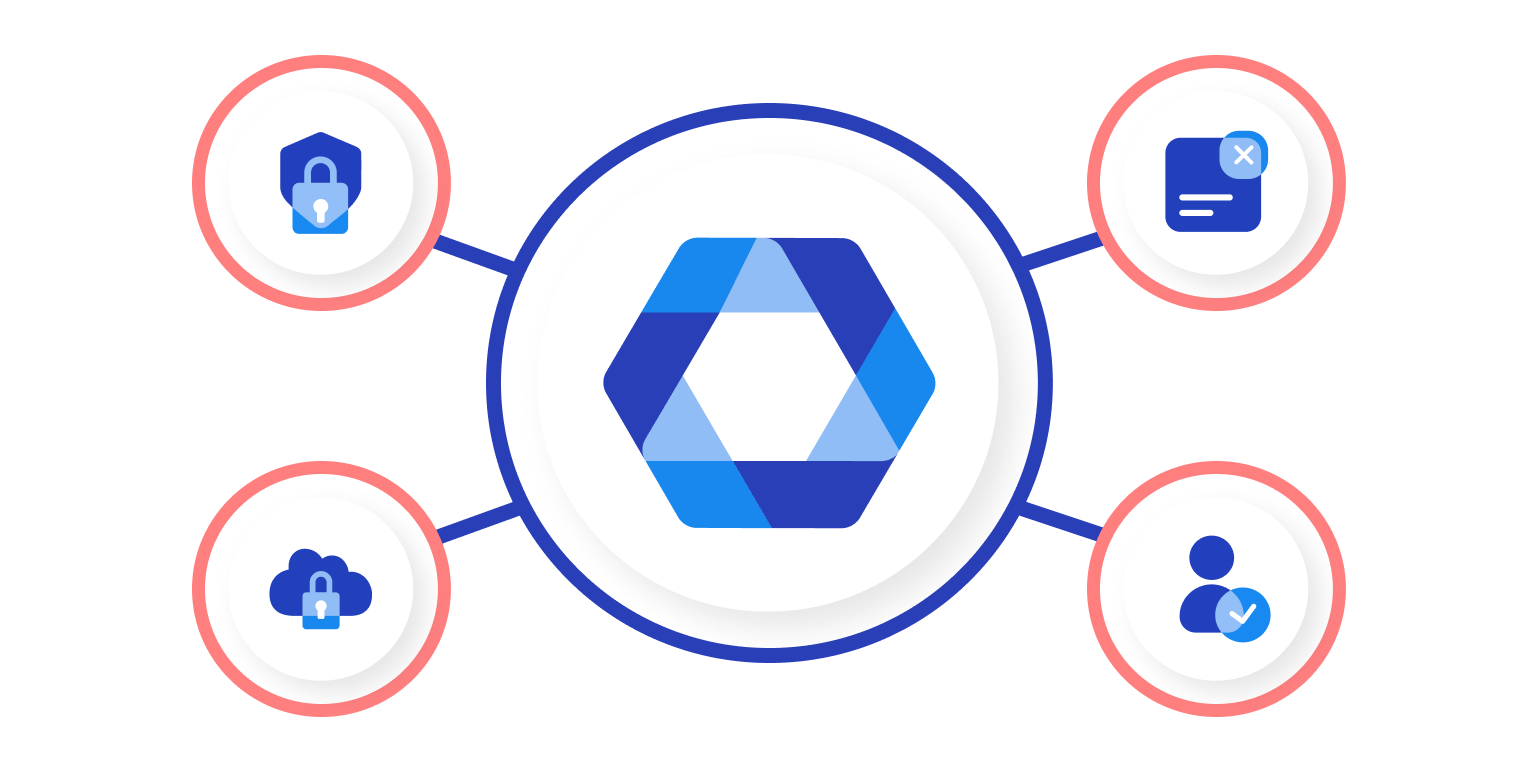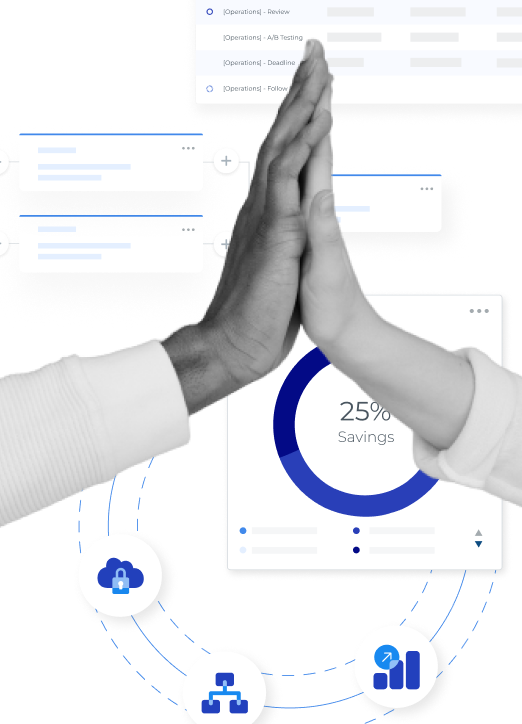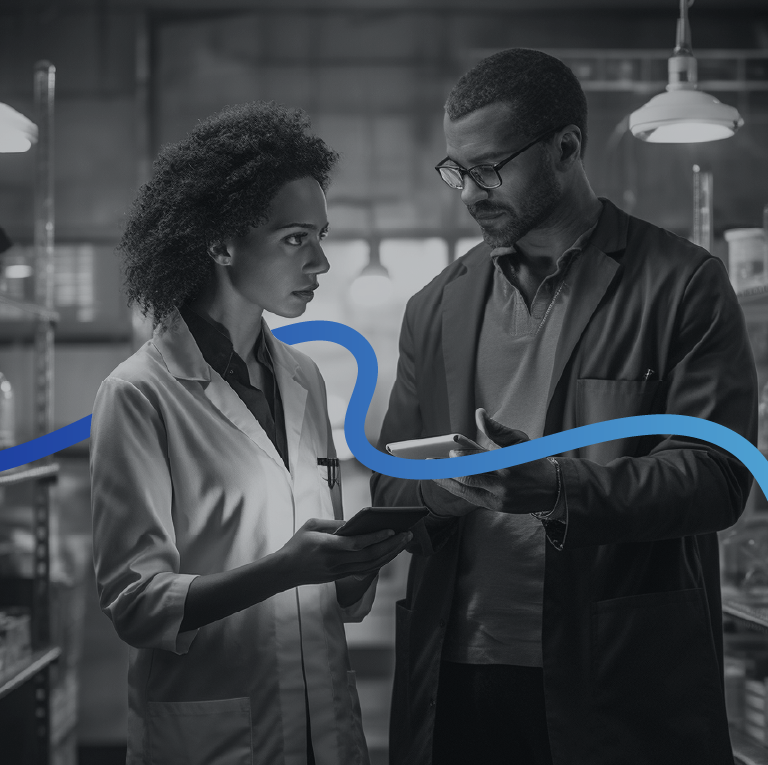The discovery and development of new drugs is a crucial yet time-consuming process. Conventional methods often demand high financial investment and longer time frames and impose significant risk due to the possibility of failure. Thus, there’s an urgent need for new strategies that could improve this process.
One promising solution that emerged is artificial intelligence (AI). With its excellent data processing capabilities, AI can streamline drug discovery, improve accuracy, and significantly reduce costs.
It uses a wealth of medical and scientific data, including genomic sequences, chemical properties, and clinical results, to identify potential drugs and predict their effects, which might take humans years to uncover.
Let’s dig deeper into this technology and explore how AI can transform drug discovery and redefine the future of medical treatment.
The Milestones and Growth of AI in Drug Discovery
AI’s role in drug discovery has expanded over the years, yielding tangible rewards and breakthroughs. Initially, it was used to repurpose existing drugs but has evolved to be used in all stages of drug discovery.
In 2020, a historic event showcased AI’s potential when a pioneering AI-designed drug for obsessive-compulsive disorder was advanced for clinical trials in just 12 months instead of the usual five years.
Reflecting this progress, the global market for AI in drug discovery is rapidly growing. Valued at 1.1 billion USD in 2022, it’s projected to grow at a compound annual growth rate (CAGR) of 29.6% from 2023 to 2030.
This growth is fueled by the demand for new drugs, increased production in the life science industry, and a surge in public-private partnerships promoting AI use. Countries like France, the United States, Spain, and Japan lead in using AI for clinical trials. While the UK is investing heavily in research and development.
Such developments underscore the increasing use of AI in drug discovery, driven by advancements in machine learning and computational power and the availability of biological data.
Role of AI in Drug Discovery
AI has a wide range of uses in drug discovery, playing a role in various stages of the process.
Target Identification
The first step in drug discovery involves finding a suitable biological target for the drug to act on, such as a protein, gene, or specific cell type. This is traditionally complex and time-consuming as it requires going through lots of biological data.
AI can help by using algorithms to analyze vast genomics and proteomics data faster and more accurately than humans, making the process quicker and more efficient.
Molecular Simulations
Robust and accurate molecular simulations are paramount in drug discovery as these help scientists understand how a drug interacts with its target at the molecular level. Furthermore, these simulations can predict the effects of small changes to the drug’s molecular structure.
AI makes these complex simulations possible by using its computational power to predict drug–target interactions, which aid in more effective drug design.
Prediction of Drug Properties
AI’s predictive powers extend beyond molecular simulations. AI can also predict drug properties, such as pharmacokinetics (how the drug moves within the body) and pharmacodynamics (how the drug affects the body).
These predictions are beneficial for understanding the behavior of a drug in the body, aiding drug discovery and development.
De Novo Drug Design
One of the most thrilling contributions of AI in drug discovery is its capability to create new drug designs from scratch, called “de novo drug design.” Unlike traditional drug discovery that involves modifying existing drugs, de novo design allows researchers to develop new drugs for various diseases.
Candidate Drug Prioritization
With thousands of drug candidates, deciding which ones to pursue further is a daunting task. AI, however, can streamline this process by prioritizing drug candidates based on their efficacy and safety. This includes considering their potential side effects, interaction with the body, and effectiveness in the desired treatment.
Synthesis Pathway Generation
Lastly, AI is critical in generating synthesis pathways, the detailed sequence of reactions required to produce a drug.
AI can create the most efficient pathway for a given drug, reducing the time, cost, and environmental impact of drug production. It aids researchers by ensuring the optimal use of resources during the drug manufacturing process.
The Impact and Potential of AI in Drug Discovery
While the advantages of AI in drug discovery are manifold, its true potential is in its ability to transform the nature of drug discovery and development.
AI Revolution in Drug Discovery
The benefits of AI in drug discovery aren’t just about reducing costs and time frames. Instead, it’s paving the way for a much more significant transformation in medical treatments and healthcare in general.
AI could guide us toward an era of personalized medicine, where drugs are created to match an individual’s unique genetic makeup. This move from a “one-size-fits-all” approach to more personalized treatments could increase the effectiveness of drugs, reduce side effects, and ultimately improve patient outcomes.
Imagine a future where a patient’s genetic makeup can be analyzed in detail and AI can design a drug tailored specifically for that individual in real time. This could revolutionize treatments for various conditions, including cancer and neurological disorders, offering hope for those conditions with limited treatment options.
Moreover, a move toward personalized medicine could change how drug trials are conducted, making new drugs available to patients faster.
AI and Scientists: Collaboration or Replacement?
As AI is used more in various industries, a recurrent question arises: Will AI replace humans in the workplace? In drug discovery, the answer isn’t straightforward.
In drug discovery, and in broader scientific research, AI’s role isn’t to replace scientists but to help them be more innovative and efficient.
AI should be viewed as a powerful tool in a scientist’s toolkit that can handle complex and repetitive tasks, process huge volumes of data, identify patterns, make predictions, and even make conclusions faster than humans.
By taking on these tasks, AI frees scientists from the mundane aspects of their work and gives them more time to use their critical thinking skills, interpret AI-generated insights, conduct more targeted experiments, and explore the creative aspects of scientific discovery. In essence, AI is a collaborator, not a replacement.
The use of AI in drug discovery ushers in a new era where humans and machines work together, each doing what they do best. This partnership between AI and scientists could speed up scientific innovation and lead to medical breakthroughs.
So researchers and professionals in the field should embrace AI as a partner that can enhance their abilities rather than see it as a threat to their careers.
Challenges and Solutions in Implementing AI in Drug Discovery
Adopting AI in drug discovery, while promising, isn’t without challenges.
Interpretability and Trust
One significant concern with AI is its “black box” nature, where its decision-making process isn’t clear. This could hinder trust and adoption among researchers, so it’s important to make AI systems more understandable for wider acceptance.
Limited Access
AI tools often require substantial financial and computational resources, so only well-funded organizations can usually access them. This raises concerns about inclusivity, particularly for universities and small firms. Establishing partnerships could broaden the reach of AI in drug discovery.
Market Failure
Despite all the benefits of AI, the market might be slow to adopt AI because of resistance to change or lack of understanding. Education and sharing of success stories can address market failure, highlighting AI’s potential in drug discovery and development.
Quantity and Quality of Data
Machine learning algorithms need large volumes of high-quality data. However, gathering such data can be challenging because of ethical considerations, privacy laws, and logistical challenges. Innovative techniques like federated learning could solve data accessibility and privacy concerns. It also allows AI to learn from large and diverse datasets.
The Regulatory and Compliance Aspects of AI in Drug Discovery
Navigating the regulatory landscape can often be a challenge with AI-enabled drug discovery.
Regulatory Perspectives on AI in Drug Discovery
Regulatory bodies are gradually adapting to AI’s growing influence. For example, the US Food and Drug Administration (FDA) has released guidelines for AI-based medical software. However, because AI technology evolves rapidly, these policies need to be updated regularly to stay relevant.
The Complexities of Validating AI in Drug Discovery
Validating AI models used in drug discovery is complex because of AI’s unpredictable and “black box” nature. The challenge is to balance innovation with safety and efficacy when validating AI usage in drug discovery.
The Future of AI in Drug Discovery
Integrating AI in drug discovery isn’t just a futuristic concept – it’s a reality. The benefits of AI far outweigh the challenges, and with careful regulation, collaboration, and innovation, AI can transform how we discover drugs.
All stakeholders – professionals, researchers, and organizations – need to be open and embrace the role of AI in drug discovery.
AI can dramatically improve healthcare by helping develop new, more effective, and personalized treatments. It’s time to harness this potential and prepare for a future where AI plays a central role in drug discovery, improving patient outcomes and, ultimately, saving lives.










